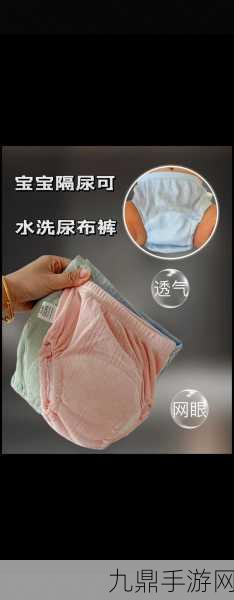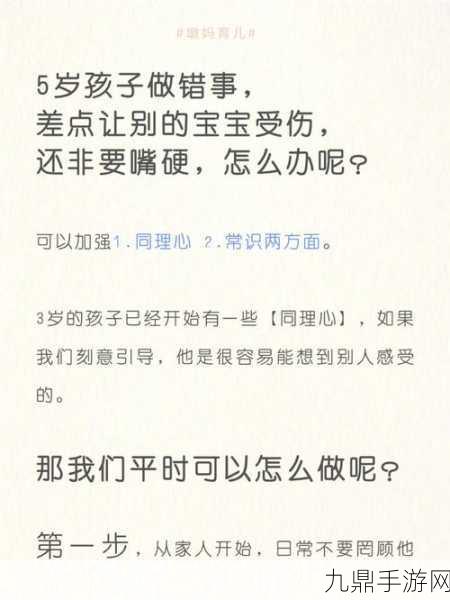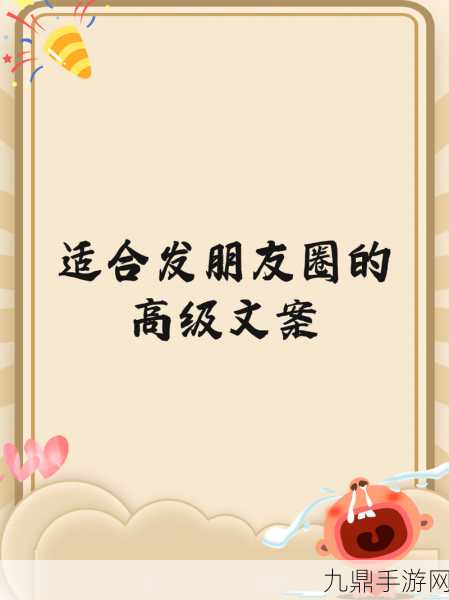宝宝湿透了却嘴硬的原因解析
很多家长在照顾宝宝时,常常会面临这样的问题:小宝贝明明尿布湿透了,还一副不愿意承认的样子。这种情况不仅让人感到困惑,也可能影响到孩子的健康。那么,究竟是什么原因导致宝宝出现这种现象呢?
生理特点与心理发展
婴幼儿期是一个快速成长和发展的阶段。此时,他们的生理特征和心理状态都处于不断变化之中。对于刚学会用语言表达情绪的小朋友来说,有时候他们并不能准确地描述自己的需要或感受。当尿布被打湿后,由于对身体感觉的不适应或者暂时性的忽视,宝宝可能选择通过沉默或者嘴硬来掩饰这一状况。

此外,小孩在逐渐学习如何掌控自我行为的时候,会表现出抵抗情绪。有些孩子甚至因为害怕换裤子的过程而拒绝承认自己已经弄脏了尿布,这是一种典型的发展反应。他们希望借此寻求关注,尽管所采取的方法显得有些无奈。
潜在的健康问题
Baby's refusal to acknowledge a wet diaper could also be linked to potential health issues. If the child frequently refuses to admit discomfort, it may indicate that they have learned unhealthy coping mechanisms or are experiencing anxiety related to potty training.

If parents notice any additional symptoms such as excessive fussiness, unusual behavior changes, or skin irritations in the diaper area, consulting a pediatrician is essential. Early intervention can help identify whether there’s an underlying issue contributing to this behavior.
教育方式的重要性
A parent’s response plays a crucial role in shaping how children perceive their body and its needs. Encouraging open communication about bodily functions helps reduce embarrassment around natural processes like urination or defecation. When caught in these situations,parents should remain calm and supportive rather than scolding for not admitting faults immediately.
This kind of nurturing approach fosters trust between parent and child while reinforcing positive behaviors regarding hygiene practices over time. Make sure that changing diapers becomes less stressful by creating a fun environment with engaging distractions—this reinforces acceptance without fear associated with being ‘caught’ having messes during early learning stages!
培养良好的卫生习惯
The best way forward involves promoting healthy habits so little ones become more attuned towards cleanliness as they grow older! Introduce rewards when your toddler successfully identifies dampness themselves leading up until you transitioning into formal toilet trainings eventually from age two onward collectively teach responsibilities surrounding personal care routines step-by-step progressions based upon individual readiness indicators observed closely on behalf of caregivers involved through encouragement despite occasional accidents throughout.”
Praise Efforts Rather Than Criticize Mistakes:
- Create opportunities where praise leads into motivation encouraging self-identification concerning uncomfortable feelings instead highlighting success milestones achieved together thereafter establishing consistency within everyday life dynamics accordingly enhancing emotional resilience going forth sustainably too!”
- Cultivate autonomy allowing freedom reflected onto choices made toward clothing preferences alongside setting specific times adjusting accordingly depending varying daily activities fostering independence naturally over time promoting ownership!”
Your child's development journey will include many ups-and-downs along the way but patience combined mutual respect goes far ensuring steady progression ultimately!” ### 热点话题 - 如何有效进行婴儿排便训练? - 婴儿皮肤护理知识分享。 - 宝宝饮食与肠道健康之间关系研究。







